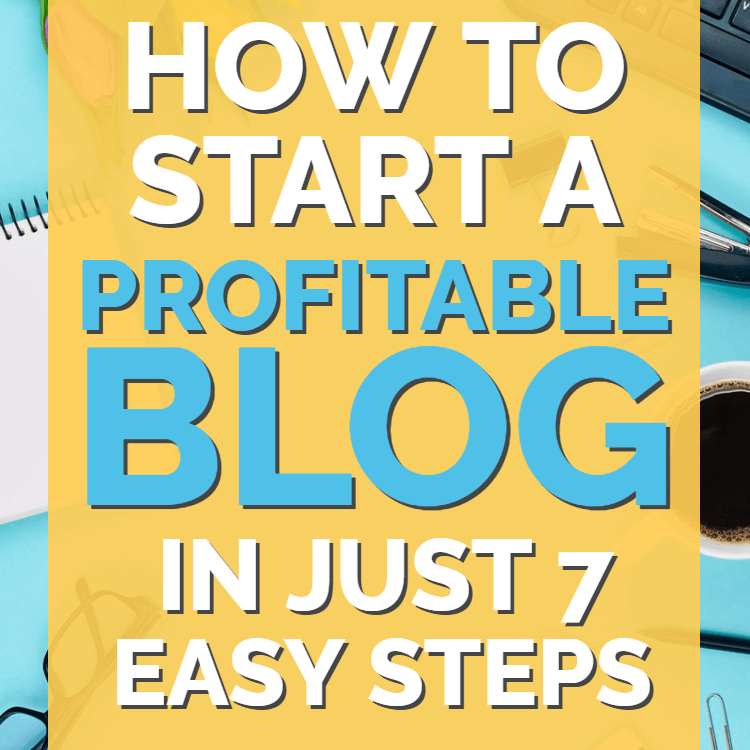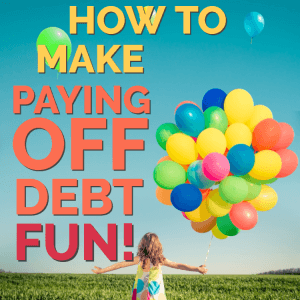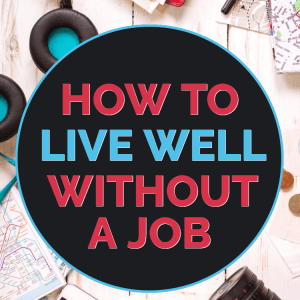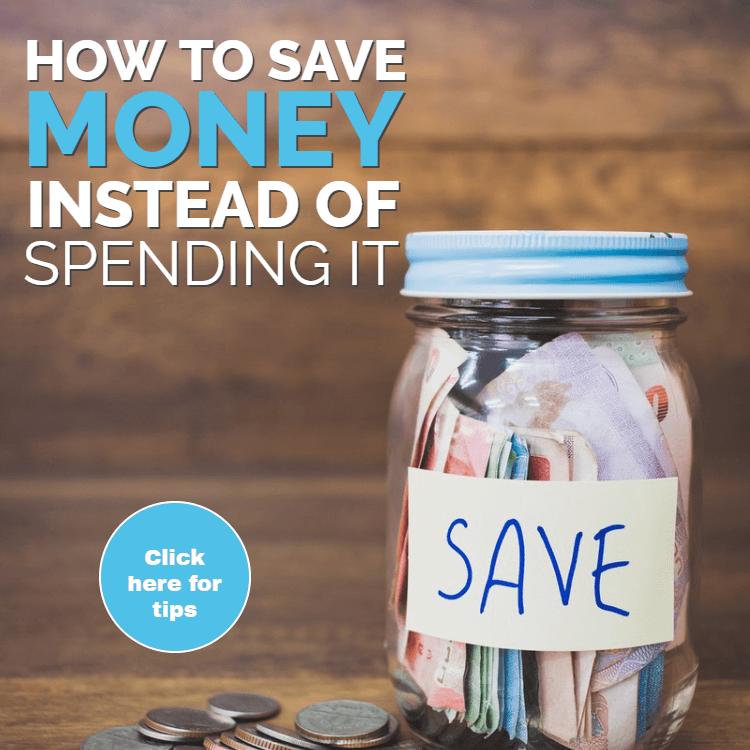Contents

I’ve had serious financial problems, drowning in debt and struggling to pay even everyday bills, and I’ve had other periods where I’ve earned as much as a professional athlete and have travelled the world.
In other words I’ve experienced two very different extremes.
During that journey I’ve learned a fair number of lessons about what works – and what doesn’t.
Today I’d like to discuss my “golden rules” for personal finance. They’re the biggest lessons I’ve learned over the years. Learning them may have been tough and, at times, painful. But they’re now the rules I apply to my own finances every month.
So far, they’re working well.
If you’re struggling with money right now, here are the principles I suggest you consider implementing in your own life.
Cashflow Is King
Some years ago while I was working hard to pay off my debt I started a new job. I started part way through the month and was assured that I would get paid at the end of the month.
As it happened, I didn’t.
My manager had made a mistake, missed the payroll date, and as a result I wouldn’t get paid until the end of my second month – some seven weeks after I started working for the company.
Here’s the thing; to make my budgeting as easy as possible I arrange to have all my standard bills (rent, utilities, cell phone etc.) to go out on the first of the month. That way I can not only check on the 2nd or 3rd of the month that everything has gone out correctly, but I also know exactly how much I have remaining for the month. Easy.
Until you don’t get paid.
The irony, of course, was that I had earned the necessary money – I just didn’t have it in my bank account.
As you might imagine, this caused me a degree of short term pain.
The reality is that with so many things, cash flow is king. If I can pay a bill immediately then it’s all done and dusted. If I need to put it off for a few weeks till I get paid then I’ll probably get charged interest (and have to deal with “helpful reminders” in the post).
Now one of my primary goals is simply to increase my monthly cash flow. Regular influxes of cash can make your financial life a whole lot easier.
Kill Your Debt – FAST
Many of us (myself included) live with debt for years.
However that’s a bad idea for so many reasons…
Firstly, it costs you more to pay it off as the interest piles up. Secondly, as even more importantly, it costs you money each month to service those debts. Pay off the debt and suddenly you have far more cash available each month.
Whether you opt to work less, move to a different job that pays less but where the quality of life is better, or whether you just start to stockpile the money for the future, the reality is that becoming debt free is essential if you want to achieve financial freedom.
Make Hay While The Sun Shines
It’s so tempting when life is going well to relax a little bit. To spend a little more, stop worrying so much about your budget and take your eye off the ball.
Sadly, life tends to be a serious of peaks and troughs. When you squander those peaks, you regret it in the troughs.
My policy now is that no matter how good life seems to be, work hard to prepare yourself for the bad times.
If you’re earning plenty of money then save as much as you can. Start a side hustle. Keep on improving your career prospects. Do courses, gain experience and update that CV.
Because whether it’s being struck down with illness, losing your job or inheriting an a**hole boss, there’s nothing to say you won’t be entering a trough any time soon.
And if life throws you a curve ball, it’s nice to be prepared for it in advance, rather than struggling along trying to find a solution.
Always Plan For The Worst
One of my financial weaknesses over the years has been always assuming the best.
I assume I’ll get paid on time. I assume I won’t receive an unexpected bill. I assume my car will live for another few years.
Sadly, this attitude of always looking at the best case scenario hasn’t always been very successful.
These days I try to do the opposite. If you’re buying a house, for example, consider what would happen if you lost your job. Could you still pay your mortgage on one salary? If not, should you opt for income protection insurance to weather the storm?
If you’re buying a new car, what happens if you need a few hundred dollars of work doing on it soon after the purchase?
When making any financial decision I now try to consider the worst case scenarios, and then plan for these situations. Then, if they crop up, I know I haven’t over-stretched my finances and can still live comfortably even with the temporary “hiccup”.
Being Frugal Doesn’t Have To Be Bad
When I first started paying off my debt I decided I’d have to be as frugal as possible. The less I spent on myself, the more I had for debt repayment. And it was hard. Boy, was it hard. Giving up vacations, evenings out, new clothes, you name it.
The thing is – frugality is a means to an end. Over time I got ever more used to my new financial situation and ever better at saving money. Now, even though my debt is gone, I still live frugally.
Why? Simply because I’ve seen the positive impacts that it can have on your life. I don’t have to worry about money because my income goes so much further now. I also sleep easier at night, knowing that I’m not living at (or beyond) my means.
So try to find the good in a frugal lifestyle, and learn to love your penny-pinching ways.
Plan For The Future
The final mistake which I made time and again was not planning my finances.
I’d think about them, sure. I’d dream about what I’d like to achieve. But I never sat down with a pen, notebook and a calculator to see what would be possible, and create a plan to achieve it.
Creating a plan is like firing up your satnav when you’re heading somewhere new. It helps to keep you on the right roads, and ensures that you reach your destination as quickly and efficiently as possible.
Just as importantly, it helps to focus the mind, and keep you moving in the right direction at all times.
So don’t leave your finances to fate.
Whether you’re drowning in debt, or earning so much money you don’t even know what to do with it, take time to create a financial plan for you and your family.
Just as importantly, revisit it regularly (I check mine monthly) to ensure that the plan is still solid and that you’re managing to stick to it.
What’s your #1 financial goal right now? What is your plan to achieve it? Please leave a comment with your thoughts…











Add comment